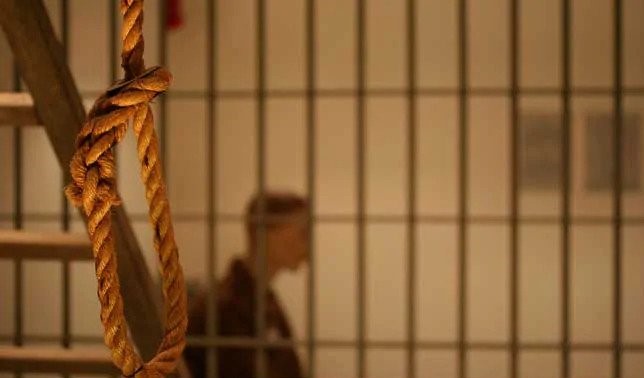KUWAIT CITY – Kuwait put to death five people on Thursday (27), including a Sri Lankan on drug charges and a man convicted of involvement in a 2015 Islamic State group suicide bombing that killed 26 people, the Public Prosecution said.
In a statement, the Public Prosecution said it oversaw the “implementation of the death sentence in Kuwait’s Central Prison” against five people, four of them accused of murder.
They include Abdulrahman Sabah Saud – the main convict in the 2015 bombing that struck a Shiite mosque in the capital during Friday prayers. It was the bloodiest attack in Kuwait’s history.
Saud, a stateless Arab, was convicted of driving the bomber to the mosque and bringing the explosives belt he used from near the Saudi border.
At his initial trial, Saud pleaded guilty to most charges but, in the appeals and supreme courts, he denied them all.
The other men executed on Thursday included a Kuwaiti, an Egyptian and a member of Kuwait’s stateless Bidoon minority, all of whom had been convicted of murder.
The Sri Lankan was put to death on drug charges.
The Public Prosecution said all five were executed by hanging.
The executions are the first since the oil-rich Gulf state put to death seven people in November last year ending a five-year moratorium.
Although Kuwait has executed dozens of people since it introduced the death penalty in the mid-1960s, the punishment is relatively rare.
Most of those condemned have been convicted of murder or drug trafficking.
In April 2013, Kuwaiti authorities hanged three men convicted of murder. Two months later, two Egyptians, convicted of kidnap and murder, were executed.
In 2017, the emirate carried out a mass execution of seven prisoners, including a ruling family member.
Capital punishment is widespread in the region, particularly in Saudi Arabia, where 74 people have been put to death this year alone, according to an AFP tally.
-Agence France-Presse/ENCL



Comments are closed, but trackbacks and pingbacks are open.